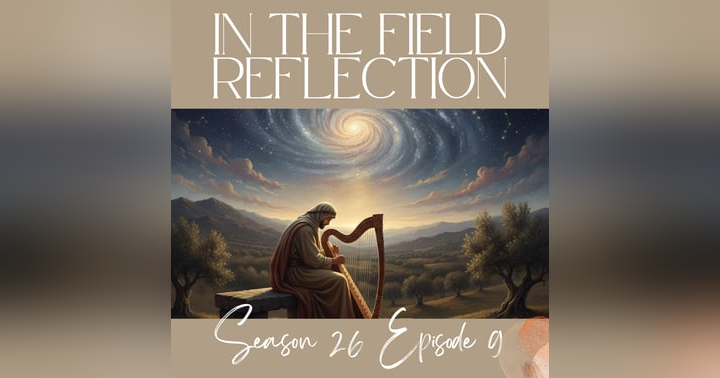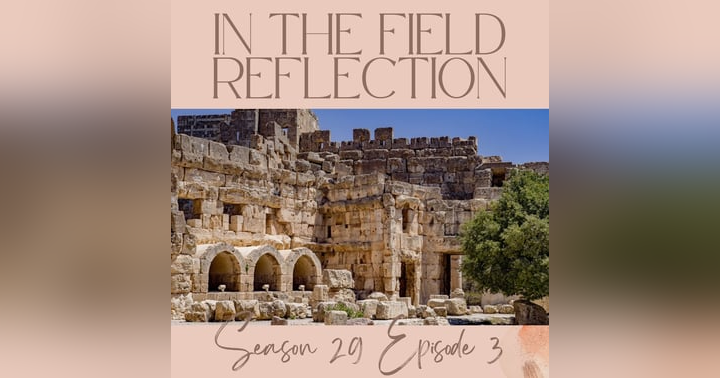Salvation's Warning: Hebrews 2 and the Humble Majesty of Christ

In a world that often feels disconnected and impersonal, Hebrews 2 offers a profound revelation that bridges the gap between divine and human experience. This remarkable passage presents a paradox that has captivated believers for centuries: the Creator of the universe willingly becoming lower than angels to taste death on our behalf. It’s a humbling, transformative truth that deserves our deepest contemplation—and with it comes salvation’s warning: to pay careful attention, lest we drift from the very message that can anchor our souls.
The chapter begins with an urgent warning that resonates as strongly today as it did in the first century: "We must pay the most careful attention to what we have heard, so that we do not drift away." This image of drifting—a slow, almost imperceptible movement away from truth—speaks powerfully to our contemporary experience. In an age of endless distractions and competing voices, how easily might we find ourselves slowly drifting from the anchoring truths of our faith? The writer of Hebrews emphasizes that what we've received isn't merely one message among many, but "God's great salvation" confirmed through signs, wonders, miracles, and gifts of the Holy Spirit distributed according to God's will. This salvation demands our attention precisely because of its divine authentication and the catastrophic consequences of neglect.
Central to Hebrews 2 is the mysterious and beautiful truth of Christ's incarnation—God taking on human flesh. The writer quotes Psalm 8, reflecting on humanity's place in creation as "a little lower than the angels" yet crowned with glory and honor. Then, in a masterful theological move, applies this description to Jesus himself, who "was made lower than the angels for a little while" so that he might taste death for everyone. This voluntary humiliation—the Creator becoming like the created—wasn't a diminishment of his glory but paradoxically the means to its fullest expression. Through suffering, Jesus was made "perfect" (complete) as the pioneer of our salvation, bringing "many sons and daughters to glory." This is divine logic at its most counter-intuitive: glory through suffering, exaltation through humility, life through death.
Perhaps most comforting in this chapter is the revelation that Jesus is "not ashamed to call them brothers and sisters." The holy One does not distance himself from us in our weakness but claims us as family. The text emphasizes that Jesus shared fully in our humanity—flesh and blood—for the explicit purpose of freeing us from the fear of death that held us in slavery. He becomes not only our Savior but our High Priest, able to "help those who are being tempted" because he himself suffered when tempted. This is no distant deity, unmoved by human struggle, but one who entered fully into our experience to transform it from within.
For the contemporary reader, Hebrews 2 offers a profound invitation to reconsider our understanding of both Christ and our own humanity. It challenges the notion that spirituality means escaping our human condition, instead revealing that God has sanctified humanity by entering into it completely. Through Christ, our weaknesses aren't obstacles to relationship with God but the very places where divine power is displayed. This chapter calls us to reject both casual indifference toward salvation and the debilitating fear of death that can keep us from living fully. Instead, we're invited to find confidence in a Savior who knows our struggles intimately and has conquered them definitively—not by avoiding suffering but by transforming it into the pathway to glory. In Christ, our humanity isn't something to transcend but something to be redeemed and glorified.



